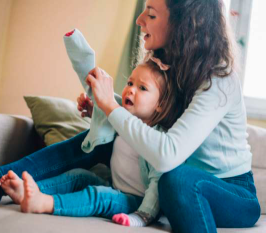Peer learning is a powerful approach in early education that encourages young children to collaborate, share, and grow together. When children learn from and with one another, they build not only academic skills but also important life skills that set the foundation for future success. This method supports a more interactive and engaging classroom environment, where every child has a voice.
1. Builds Communication and Social Skills
One of the most significant benefits of peer learning is the development of communication skills. When children talk through ideas, ask questions, or explain concepts to one another, they learn how to express themselves clearly. They also become better listeners and learn to respect different viewpoints.
2. Encourages Cooperation and Teamwork
Working with peers helps children understand the value of collaboration. Activities like group storytelling, shared problem-solving, or building projects foster a spirit of teamwork. Children learn how to share tasks, negotiate roles, and support each other to achieve a common goal.
3. Promotes Confidence and Leadership
Children often feel more comfortable asking questions or expressing ideas with peers than with adults. Peer learning gives them a chance to lead small group activities, explain their thinking, or help a classmate. These experiences boost their self-esteem and help them take initiative.
4. Supports Diverse Learning Styles
Every child learns differently. Peer learning creates an environment where children can observe how others solve problems or approach tasks. This exposure to various learning styles can be especially helpful for children who might not connect with a single teaching method.
5. Reinforces Understanding Through Teaching
When a child explains a concept to a friend, they deepen their own understanding. Teaching others helps children organize their thoughts, recall details, and make sense of new information. This peer-to-peer support strengthens academic development in a natural and meaningful way.
6. Fosters a Positive Classroom Community
Peer learning encourages inclusivity and belonging. Children become more empathetic and aware of each other’s strengths and needs. This sense of connection creates a supportive classroom where every child feels valued and included.
Conclusion
Incorporating peer learning into early education can lead to more dynamic and inclusive classrooms. By learning together, young children develop essential skills that go far beyond academics. They become better communicators, collaborators, and compassionate classmates—traits that serve them well throughout life.


